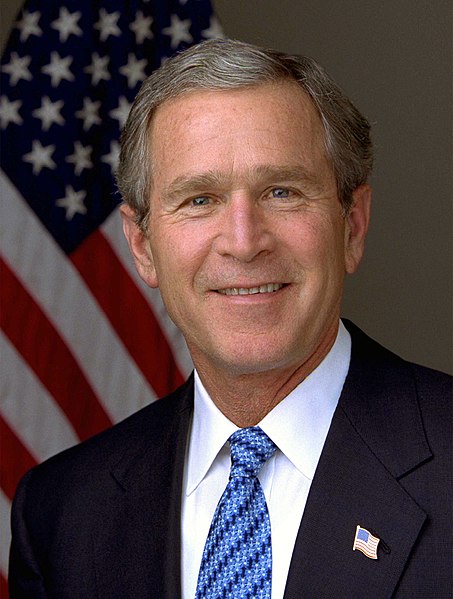 The move, decried by environmentalists, pressures Congress to act before its moratorium on offshore energy exploration expires Oct. 1.WASHINGTON -- President Bush today lifted a long-standing presidential ban on new oil and gas drilling off the nation's coastlines and urged Congress to remove its own restrictions on offshore energy exploration, stoking the battle over how Washington should respond to high gasoline prices.
The move, decried by environmentalists, pressures Congress to act before its moratorium on offshore energy exploration expires Oct. 1.WASHINGTON -- President Bush today lifted a long-standing presidential ban on new oil and gas drilling off the nation's coastlines and urged Congress to remove its own restrictions on offshore energy exploration, stoking the battle over how Washington should respond to high gasoline prices.But the wall of opposition on Capitol Hill to relaxing the drilling ban, though softening, appeared to be holding. A congressional moratorium remains in place, but expires Oct. 1 unless Congress acts.
Sen. John McCain of Arizona, the Republican presidential candidate, recently changed his position on the offshore drilling ban, coming out in favor of letting states decide whether to allow energy exploration off their coasts.
In his announcement at the White House, Bush shifted pressure on the issue directly onto Congress.
"The executive branch's restrictions on this exploration have been cleared away," he said. "This means that the only thing standing between the American people and these vast oil resources is action from the U.S. Congress."
Environmentalists decried the move to lift a ban that has been in place since President Bush's father.
"One of the two safety nets that protect our most treasured coastal areas, as of today, is gone," said Richard Charter, who has been working with Defenders of Wildlife Action Fund to preserve the moratorium.
House Speaker Nancy Pelosi (D-San Francisco) quickly rejected Bush's call to lift the drilling ban and instead called on him to release some of the 700 million barrels of oil stored in Strategic Petroleum Reserve. Sen. Dianne Feinstein (D-Calif.) called Bush's action a "false promise that simply won't deliver."
The federal moratorium was inspired by the images from 1969 oil spill off Santa Barbara of oil-soaked birds and sludge-covered beaches and ocean waters. Congressional Republicans have sought to increase pressure on Democrats to support expanded domestic production, but so far have been blocked in their attempts to force a House vote on whether to allow drilling more than 50 miles off the coast.
Jack N. Gerard, the president and CEO of the American Chemistry Council, cheered Bush's action.
"Clearly, the ground is shifting on energy policy," he said.
Industry officials believe lawmakers will be judged by many constituents according to how they vote on the question.
"This action places the pressure on Congress to act before the elections," said Jeff Eshelman of the Independent Petroleum Assn. of America. "It could be one of the most monumental votes faced by candidates running for office."
In a sign of the changing mood, Rep. John Campbell (R-Newport Beach), who voted in 2006 against relaxing the moratorium, said in a recent interview, "I am becoming more flexible on the issue, which is clearly a function of the crisis in which we find ourselves."
On a recent trip home, he said, gas prices were "all anybody wants to talk about."
"What I hear all the time is . . . I'm tired of sending all this money over to those people who hate us, " Campbell said. "And now, it's a ridiculous amount of money we're sending to those people who hate us, and we need to stop that."
Lisa Speer, director of the water and oceans program for the Natural Resources Defense Council, said Bush's action removes "one layer of protection" for the coasts.
"It's going to be up to the coastal states and their representatives in Congress to fight this off," she said in an interview. She said that any oil that could be developed from new offshore leases won't hit the market for years, and she asserted it would have negligible effect on prices.
"This is not a solution to the gas price problem," she said, calling Bush's action a "cynical ploy" to undo the moratorium.
But she said that the battle to preserve the drilling ban has become tougher.
"It's a reflection of the pressure that politicians are feeling on gas prices," she said. "Everybody has to be very vigilant over the next few months until Congress goes out."
Supporters of relaxing the moratorium by letting states decide whether to permit offshore exploration say that technological advances have made drilling safer.
Original Source : http://www.latimes.com/news/nationworld/washingtondc/la-na-drilling15-2008jul15,0,5999538.story





